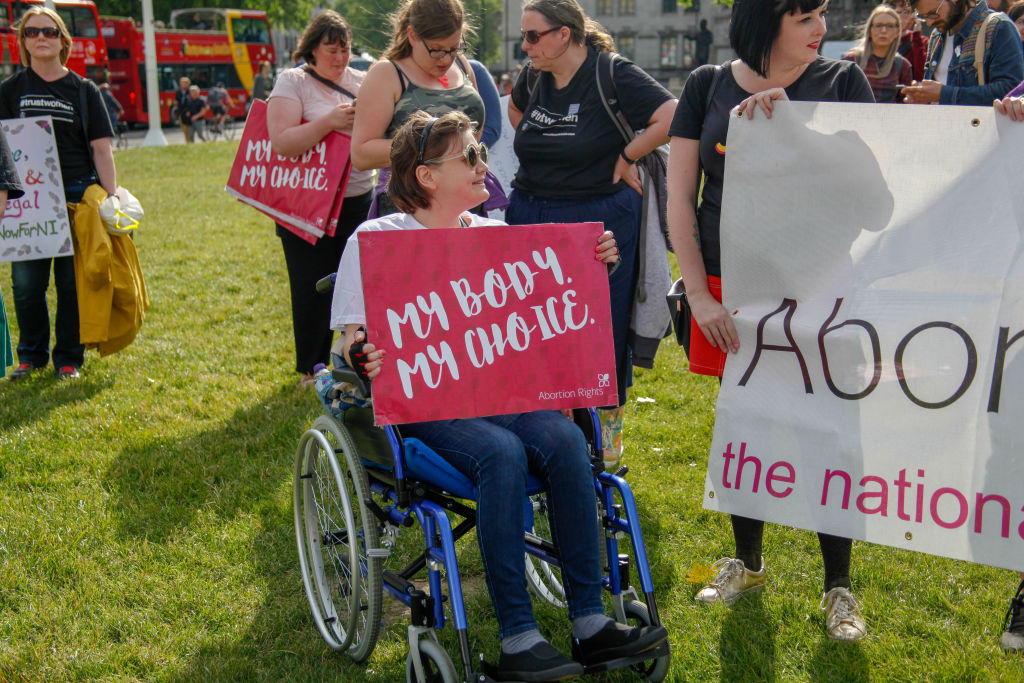Following their success with the abortion referendum, Irish feminists are preparing for their next fight against a clause in the constitution which states that a woman’s place is in the home.
Commonly referred to as the “women in the home” clause, it states that Ireland “recognises that by her life within the home, woman gives to the state a support without which the common good cannot be achieved. The state shall, therefore, endeavour to ensure that mothers shall not be obliged by economic necessity to engage in labour to the neglect of their duties in the home.”
Although the clause has no legal implications today, activists argue that its continued existence in the constitution is sexist and “constitutionally relegates women to second class citizenship.”
A 2013 constitutional conference recommended the removal of the clause and Prime Minister Leo Varadkar promised when he took office last year that citizens would be able to vote on the issue in a referendum. That vote could take place as soon as October, coinciding with the presidential election.
Depending on the results of the referendum, the clause may either be removed entirely or adapted to use gender neutral language. Some form of change is unlikely to be opposed.
Symbolic though it may be, the clause reflects many larger concerns of Irish women and is a barrier blocking the way to further progress. Some activists hope the discussion surrounding a referendum could lead to a bigger conversation about women’s rights in Ireland.
Some critics agree that the clause needs to be amended but think focusing on the next battle before finishing abortion legislation would be a mistake. Women should be able to win multiple rights concurrently, but after a 35-year struggle, it’s easy to see why activists would want to ensure nothing gets in the way of finalizing abortion legislation.
After the referendum, Varadkar stated he believed the changes to abortion law will be finalized by the end of the year.
The “women in the home” clause is not the only issue Irish feminists are fighting, and many others are more practical and less symbolic in nature. Many other issues are coming into focus, like sex education, contraception costs, and the gender pay gap, which has become a hot topic across Europe as nations create new legislation to better understand or help eliminate the gap, which in Ireland stands at around 15 percent.
A Care2 petition is asking the Irish government to remove the clause from the constitution. Sign this petition to tell the Irish government that a woman’s place is wherever she wants it to be.
48 Hours Left: All gifts to Truthout now matched!
From now until the end of the year, all donations to Truthout will be matched dollar for dollar up to $28,000! Thanks to a generous supporter, your one-time gift today will be matched immediately. As well, your monthly donation will be matched for the whole first year, doubling your impact.
We have just 48 hours left to raise $28,000 and receive the full match.
This matching gift comes at a critical time. As Trump attempts to silence dissenting voices and oppositional nonprofits, reader support is our best defense against the right-wing agenda.
Help Truthout confront Trump’s fascism in 2026, and have your donation matched now!
